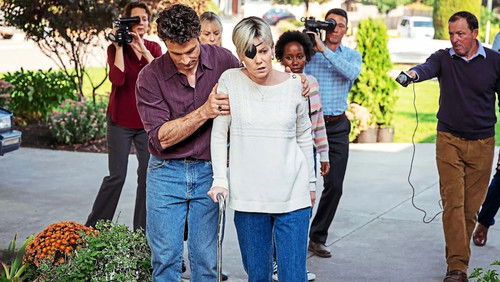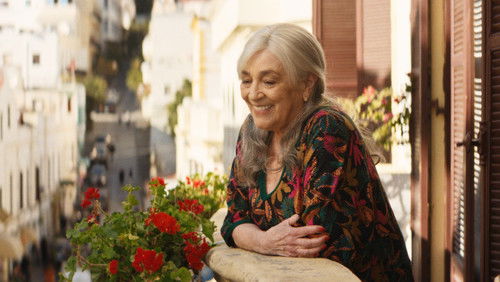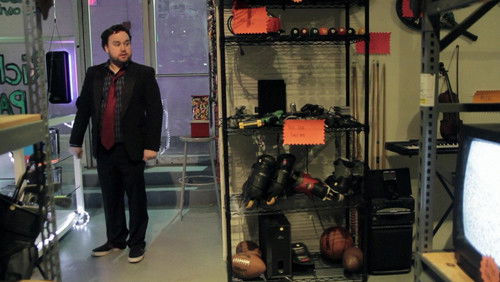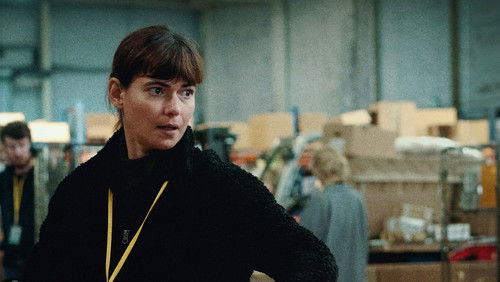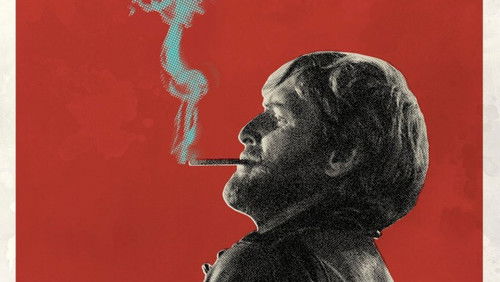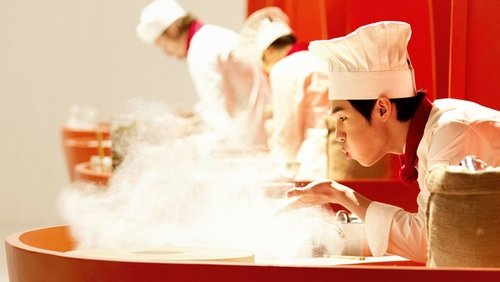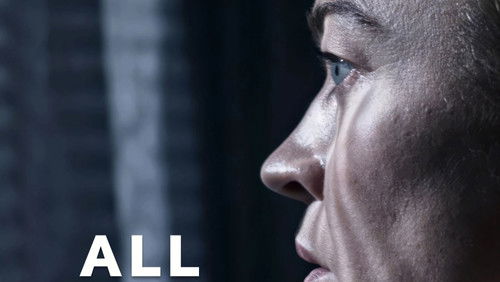Nach der Probe (TV Movie 1984)
13KNach der Probe: Directed by Ingmar Bergman. With Erland Josephson, Ingrid Thulin, Lena Olin, Nadja Palmstjerna-Weiss. As an aging playwright interacts with the young lead in his play after everybody’s gone home, he reminisces about her mother, whom he maintained a sexual relationship with before she died.
“Hereu0026#39;s an interesting little movie with a cast of three, set entirely on a stage, and that jumps backwards and forwards in time.u003cbr/u003eu003cbr/u003eHenrik is a theater director spending some time alone on the stage after a rehearsal of A Dream Play by August Strindberg. He wants to collect himself before he returns to his domicile to take a nap prior to that nightu0026#39;s rehearsal. As he sits there, one of his actresses, Anna, arrives on stage with a thin story of looking for a bracelet. What follows is a long conversation between the two that swirls around topics as it operates as some kind of seduction, direction, and exploration of the other.u003cbr/u003eu003cbr/u003eAbout a third of the way through, something happens that is quite jarring at first. Another woman shows up on stage. This is Rakel, Annau0026#39;s mother who has been dead for ten years. Anna sits on the couch watching the scene without moving or speaking, and we soon deduce that Henrik is playing out a conversation he had had with Rakel eleven years before, just prior to her death.u003cbr/u003eu003cbr/u003eRakel was a great actress in her day. She played the same role Anna is playing to great acclaim, but she had Anna and quit acting. At the time of the conversation, sheu0026#39;s living in a hospital and the small role sheu0026#39;s playing (the mother) is almost an act of pity on the part of Henrik. He used to love her, but she spurned his affections before. However, in this conversation, she throws herself at him, and Henrik cannot stand it. He eventually makes an empty promise to follow her to her room, but we get the impression that thereu0026#39;s going to be no encounter.u003cbr/u003eu003cbr/u003eThe conversation returns to Anna as Henrik takes up the exact same position he had been in when Rakel had walked on, implying that what we had seen was just a memory that had passed in a flash. In this final third of the film, souls are bared and dark revelations of Annau0026#39;s recent past come out. There are protestations of love and hate. Itu0026#39;s a swirl of emotions thatu0026#39;s surprisingly effective.u003cbr/u003eu003cbr/u003eThe movie ends when the camera suddenly cuts to a new view we havenu0026#39;t seen before. The movie has almost entirely shot with cameras from the audience pit, but the final shot is to the stage from the side. We see a giant brick wall and the director and young actress small against it. The conversation even changes tenor becoming more professional in nature than emotional. Somethingu0026#39;s drastically changed.u003cbr/u003eu003cbr/u003eEarly in the movie, Henrik talks about how heu0026#39;s willing to do anything to work with actors (whom he loves) in order to help them reach their potential. He looks like heu0026#39;s playing in their field, but heu0026#39;s never really involved. So, at that final shot, those words came back to me, and I asked, u0026quot;Was it all an act?u0026quot; Were the high emotions and swings all about directing his actor?u003cbr/u003eu003cbr/u003eItu0026#39;s an interesting exploration of the relationship between directors and actors, something obviously intimately familiar to Bergman. Watching the movie, it became obvious how Bergman could strike up so many affairs with so many of his actresses, and, at the same time, how they could all fall apart in the end. Still, the movie is a little insular to acting specifically which limits its broad appeal. Itu0026#39;s a good little movie, a fascinating little footnote in Bergmanu0026#39;s career.”
